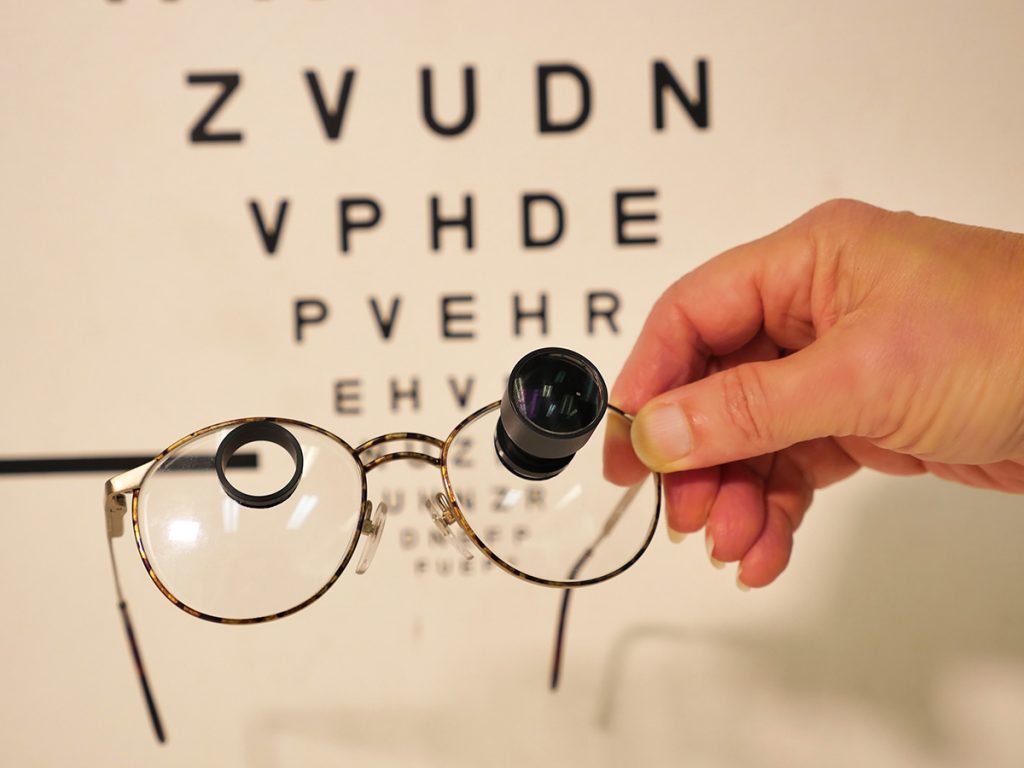By Dr Lisa Nivison-Smith
Meet Dr Emma Gibson – optometrist, researcher, science communicator and Jiu Jitsu instructor
Originally hailing from Wales, Emma wanted a new challenge away from her daily life as an optometrist and so travelled halfway across the world to embark on a PhD elucidating the role of female hormones in dry eye disease. Beyond being able to better help her female patients through her PhD research, Emma has spent the last few years helping other female PhD students as the women officer on the UNSW Post Graduate Council and even teaching women self-defence classes. She is now a UNSW Women Science Champion and excited to communicate science and provide honest insight and support to those embarking on their own PhD journeys.
1. Tell me a little about yourself. How did you end up at studying a PhD at UNSW?
I’m an Optometrist from Wales. I was very happy with my job but wanted a new challenge. Through a colleague in the UK I was introduced to my supervisors at UNSW. I initially committed to a Master’s programme, due to the transition from Wales to Sydney. After a few months, I was enjoying researching and living in Australia so much that I transferred my project to a PhD.
2. Your PhD research looked at the effect of oestrogen on dry eye disease. What made you chose this area of research?
I always had a keen interest in the front of the eye, spending a lot of time looking at it whilst I was practicing as an optometrist in Wales. I have also suffered from dry eye for many years so I had an inherent in this area*. So many of my patients reported symptoms of dry eye so I wanted to invest my time in something that was relevant to my patients when I returned to clinic after completing my PhD. When this project was discussed as an option it just clicked into place with what I was passionate about.
* dry eye is where there is an inadequate film of tears over the eye to provide lubrication; this is important for comfort, health and clear vision

3. And has your PhD helped you with your patients?
Yes! When I now see my female patients, I am able to educate them on what dry eye disease is and the increased risk associated with menopause. I am able to spend the time to discuss what they can do to alleviate it and avoid the symptoms, as well as who to see if problems persist. It is great being able to answer their questions and reassure them that many of the symptoms they experience with their eyes, such as the need for reading glasses is a normal part of aging, or as I like to call it, “refining”.
4. Besides helping educate women about dry eye disease, your PhD gave you other opportunities to help women. Can you tell me about them?
I became involved in the Post Graduate Council at UNSW in 2016 and held positions of International Officer, Vice-President and in 2018 I was Women’s Officer. During these roles I was invited to participate in discussions with university boards including Equity and Diversity. These gave me opportunities to work with inspirational women leaders within the university and to advocate for women across the university. I ran a women’s self-defence course at the university, with my Jiu-jitsu instructor. The women learnt valuable skills and felt empowered. Empowering women is something I feel very strongly about and something I make a focus within the weekly jiu-jitsu classes I teach at the Woolloomooloo PCYC. They are a safe, friendly place to learn life skills and meet a wonderful group of women.
5. Now that you have finished your PhD, what advice would you give others doing or considering a PhD?
- Don’t be so hard on yourself, you are only human so set yourself realistic goals.
- Take time for yourself to exercise/ meditate/ see family and friends/ enjoy life.
- Imposter syndrome is real and happens to all of us, you will spend a lot of time not knowing what you’re doing, this is a normal part of the process.
- It’s ok to not be ok. Talk to people about how you’re feeling. Don’t isolate yourself. Depression is so common in PhD students, don’t be afraid to ask for help.

6. Why did you join the UNSW Women Science Champions program?
I had been the women’s officer for the Post Graduate Council whilst doing my PhD and wanted to stay involved in the university and help women in science. I thought this was a great program for engagement in the community and it has been an amazing experience to meet the other champions and develop my skills at communicating science to the public.
Follow Emma on Twitter
Follow Lisa on Twitter





